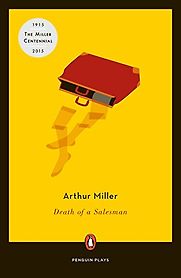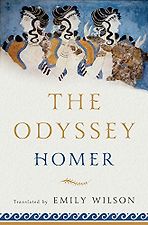The Crucible
by Arthur Miller
Arthur Miller’s extraordinary 1953 stageplay re-presents or reimagines the events of Salem in 1692 in the context of the McCarthy-era anti-communist campaign in the United States. More than forty years later, Miller explained in The New Yorker that writing The Crucible had been “an act of desperation… The more I read into the Salem panic, the more it touched off corresponding images of common experiences in the fifties: the old friend of a blacklisted person crossing the street to avoid being seen talking to him; the overnight conversions of former leftists into born-again patriots; and so on. Apparently, certain processes are universal.” It is now regarded as a great classic of American playwriting.
Recommendations from our site
“The reason I chose it is because I feel that we ourselves, in the contemporary period, are in danger of having our own heresy-calling and witch hunts. It is very popular to say this book proves what it is like when hysterical religions name people as witches, and how intolerant religion is. But I think we can see it in a much more contemporary light as just what happens in an atmosphere where people’s fear is exploited. Anybody who challenges the idea that there are witches ends up being named as a witch.” Read more...
The best books on Freedom of Speech
Claire Fox, Social Scientist







